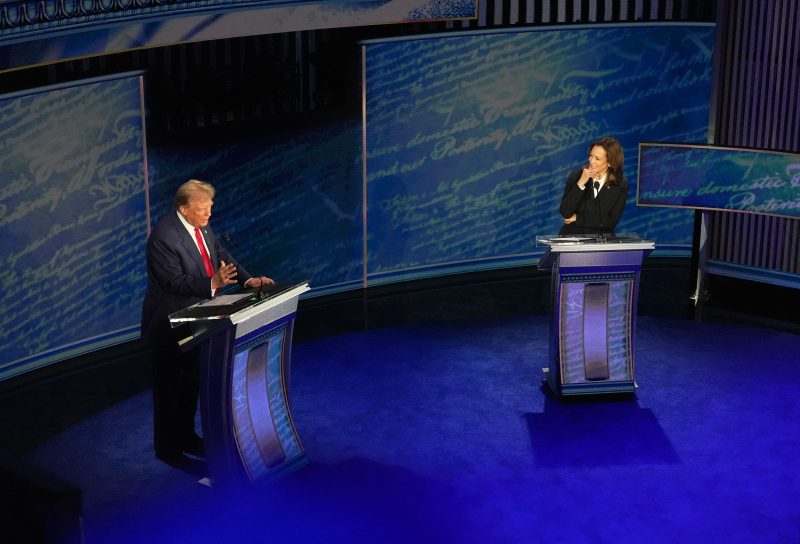In the recent vice-presidential debate, Kamala Harris and Mike Pence both tackled questions on foreign policy, addressing key issues such as China, North Korea, and Russia. Let’s delve into how each candidate responded to these critical topics.
When asked about China’s geopolitical and economic influence, Harris emphasized the need for a strategic approach to address concerns about trade practices, human rights violations, and global competition. She highlighted the importance of building alliances with like-minded countries to counter China’s growing power and influence. Harris also stressed the significance of investing in American manufacturing and innovation to ensure our national security and economic interests are protected in the face of Chinese competition.
On the other hand, Pence criticized the Obama-Biden administration for its handling of China, accusing them of allowing the country to take advantage of the United States on trade and intellectual property theft. He expressed support for President Trump’s tough stance on China, including tariffs and efforts to bring manufacturing jobs back to the U.S. Pence also emphasized the need to hold China accountable for its actions, particularly in areas such as technology transfer and espionage.
Moving on to North Korea, Harris emphasized the importance of diplomacy and negotiations in addressing the nuclear threat posed by the regime. She expressed support for engaging in dialogue with North Korea while maintaining pressure through sanctions to incentivize denuclearization. Harris also emphasized the importance of working closely with allies in the region, particularly South Korea and Japan, to address the shared security concerns posed by North Korea.
In contrast, Pence praised the Trump administration’s engagement with North Korea, including the historic summits between President Trump and Kim Jong-un. He highlighted the progress made in reducing tensions on the Korean Peninsula and the suspension of nuclear and missile tests by North Korea. Pence expressed optimism about the potential for further negotiations with North Korea to achieve complete denuclearization and lasting peace in the region.
Finally, both candidates addressed the issue of Russian interference in U.S. elections and its aggressive actions on the world stage. Harris criticized the Trump administration for its perceived soft stance on Russia, highlighting the need for a strong response to protect American democracy and interests. She emphasized the importance of imposing consequences on Russia for its malign activities and working with European allies to push back against Russian aggression.
Pence, on the other hand, defended the administration’s record on Russia, pointing to increased sanctions and diplomatic measures taken in response to Russian interference. He highlighted President Trump’s efforts to build a strong relationship with Russian President Vladimir Putin while also standing firm in defense of American interests. Pence reiterated the importance of holding Russia accountable for its actions while remaining open to diplomatic engagement where possible.
In conclusion, both Harris and Pence presented contrasting views on foreign policy during the vice-presidential debate. While Harris emphasized the need for strategic alliances, diplomacy, and accountability in addressing global challenges, Pence touted the administration’s tough stance on issues such as China and North Korea. The differing approaches of the two candidates reflect broader differences in foreign policy priorities and strategies, offering voters distinct choices in the upcoming election.
